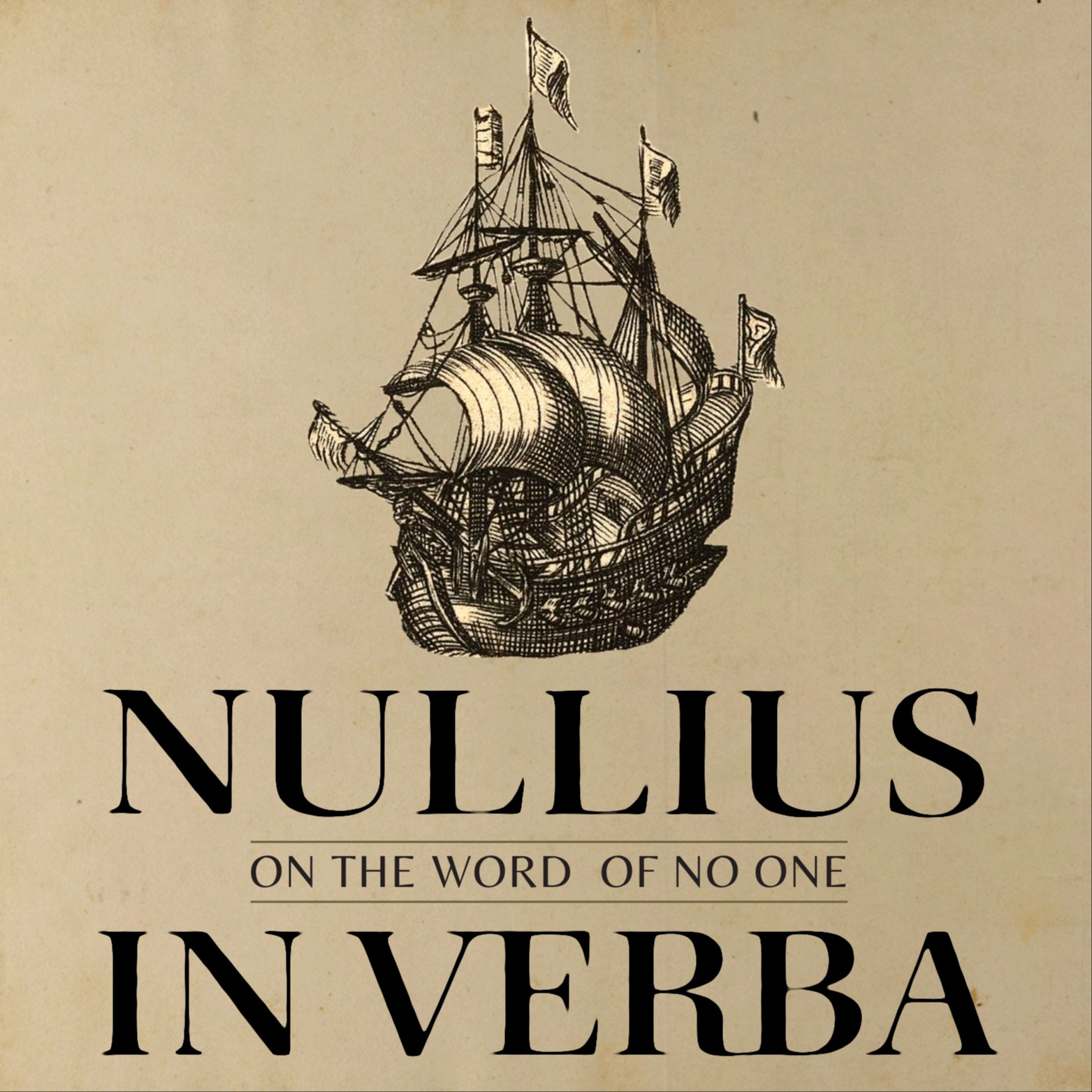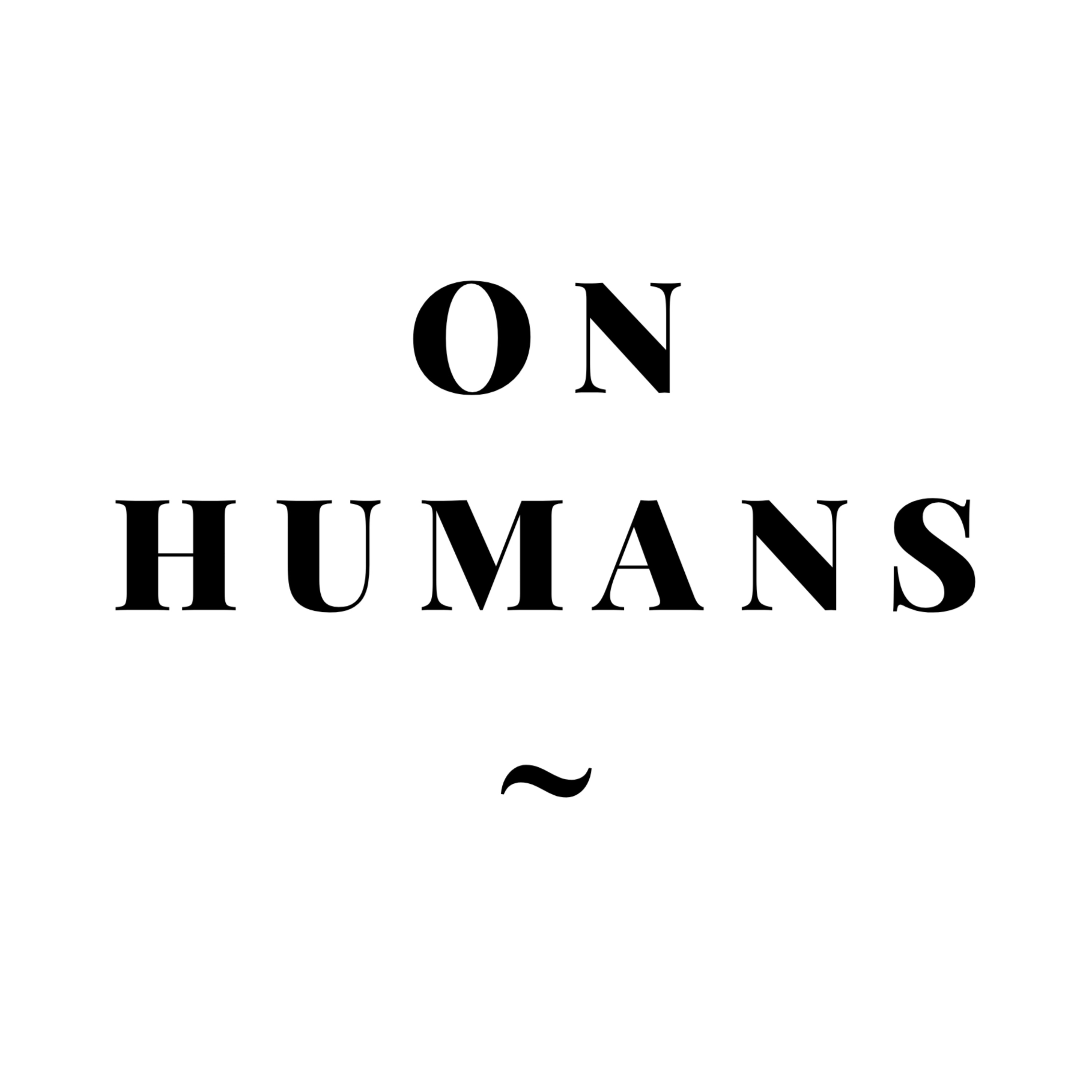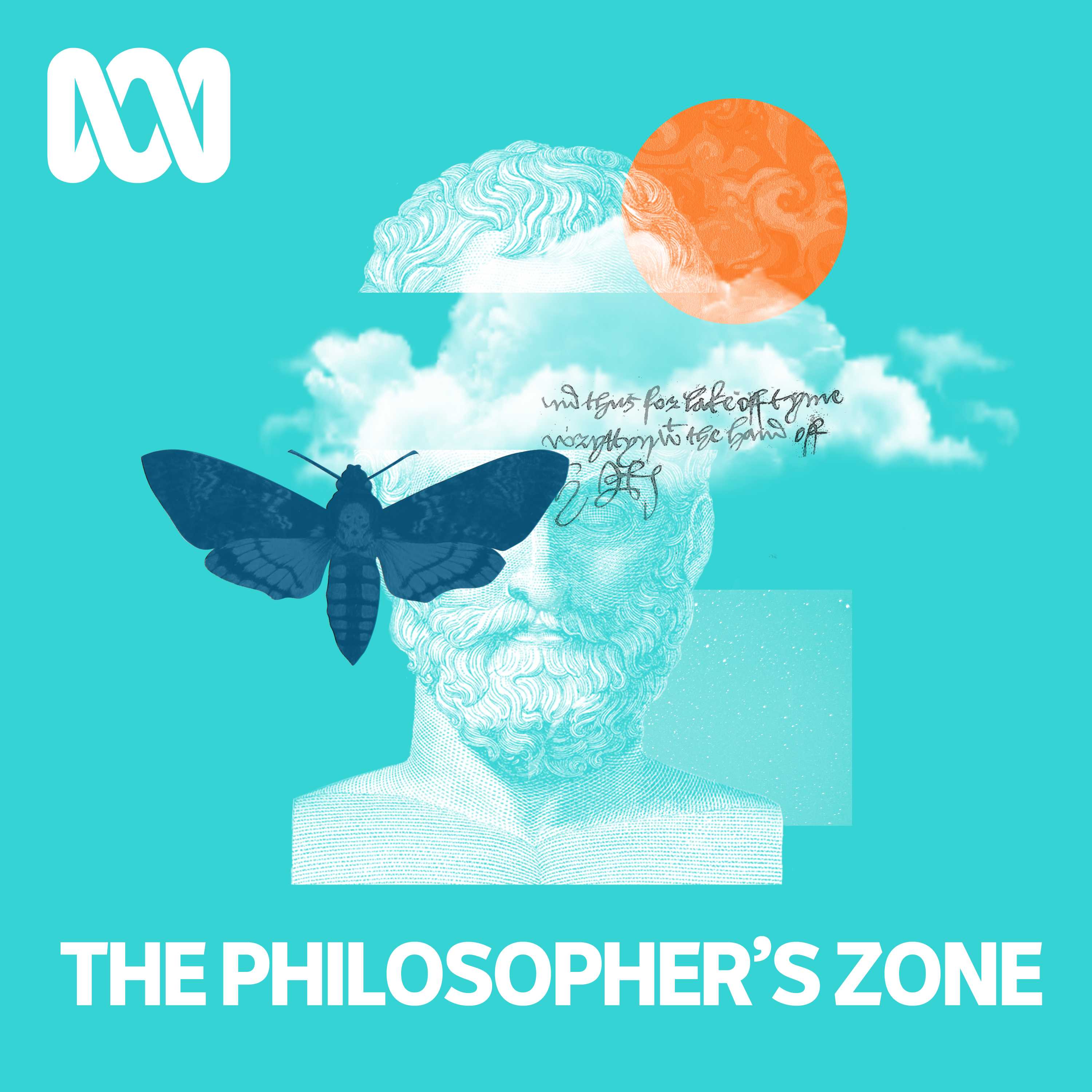.jpg)
The HPS Podcast - Conversations from History, Philosophy and Social Studies of Science
Leading scholars in History, Philosophy and Social Studies of Science (HPS) introduce contemporary topics for a general audience. Developed by graduate students from the HPS program at the University of Melbourne.
Lead Hosts: Thomas Spiteri (2025) and Samara Greenwood (2023-2024).
Season Five is now here! Episodes released weekly. More information on the podcast can be found at hpsunimelb.org
The HPS Podcast - Conversations from History, Philosophy and Social Studies of Science
S5 E11 - Steven Shapin on the Social Life of Scientific Knowledge
This week, Thomas Spiteri speaks with Steven Shapin, Professor Emeritus of the History of Science at Harvard. Shapin reflects on his path into the history and sociology of science and discusses the central concerns of his work: how knowledge is produced, the social foundations of trust in science, the embodied nature of knowledge, and the performance of expertise.
He revisits Leviathan and the Air-Pump, co-authored with Simon Schaffer, outlining the Boyle–Hobbes controversy and showing how seventeenth-century scientific credibility depended on rhetoric, social standing, and performance, while highlighting the broader relevance of the book’s insights into the social foundations of knowledge. Shapin considers contemporary challenges, including political interventions in science and universities, the effects of digital communication, and the fragmentation of expertise, and reframes the “crisis of truth” as a crisis of social knowledge.
Finally, he connects these themes to his recent work on taste and eating (Eating and Being), examining how communities form shared judgments about food and flavour, paralleling the intersubjective construction of objectivity in science.
In this episode:
- Recounts his path through Edinburgh, UCSD, and Harvard and what each taught about interdisciplinarity.
- Explains the story and broader thesis of Leviathan and the Air-Pump: facts are made credible through practice, rhetoric, and social arrangements.
- Reflects on shifting disciplinary fault lines.
- Describes how credibility is performed today and the growing value of face-to-face embodiment.
- Surveys credibility issues from science’s entanglement with business, government, and partisan politics.
- Discusses Eating and Being, drawing parallels between intersubjective agreement in science and taste.
Transcript being prepared.
Photo: Steven Shapin, Groningen, Netherlands, March 2020, by Newfrogm, CC BY 4.0 via Wikimedia Commons
Relevant links
- Steven Shapin — Harvard profile / home page
- LARB Essay “Is There a Crisis of Truth?” (2019)
- Leviathan and the Air-Pump: Hobbes, Boyle, and the Experimental Life (Shapin & Schaffer, 1985) – Wikipedia entry
- Steven Shapin's books
Thanks for listening to The HPS Podcast. You can find more about us on our website, Bluesky, Instagram and Facebook feeds.
This podcast would not be possible without the support of School of Historical and Philosophical Studies at the University of Melbourne and the Hansen Little Public Humanities Grant scheme.
Music by ComaStudio.
Website HPS Podcast | hpsunimelb.org
Podcasts we love
Check out these other fine podcasts recommended by us, not an algorithm.

The P-Value Podcast
Rachael Brown
Let's Talk SciComm
Unimelb SciComm
History and Philosophy of the Language Sciences
James McElvenny
In Our Time: Science
BBC Radio 4
Time to Eat the Dogs
Michael Robinson: historian of science and exploration
Nullius in Verba
Smriti Mehta and Daniël Lakens
The Disappearing Spoon: a science history podcast with Sam Kean
Sam Kean, Bleav
History of Philosophy Without Any Gaps
Peter Adamson
Narrative Now
Narrative Now
On Humans
Ilari Mäkelä
